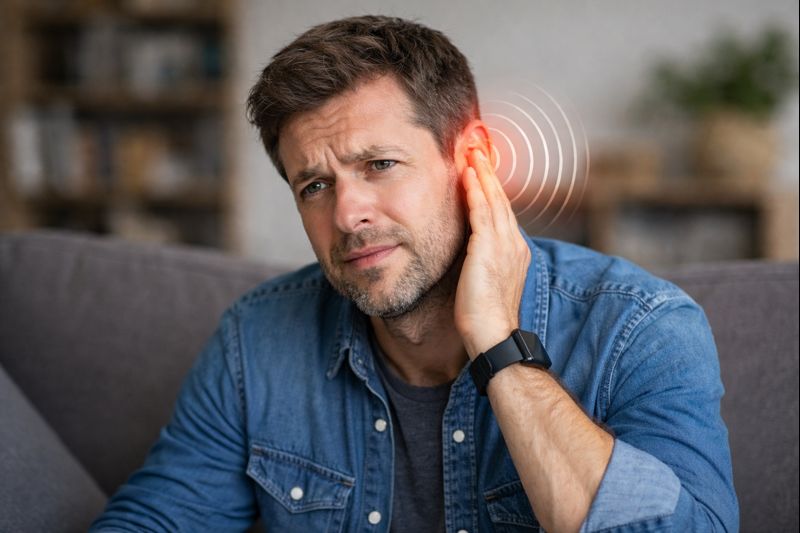
Are you worried about your upcoming chiropractic adjustment? You are not the only one. Many patients walking into our treatment room for the first time had a look of apprehension in their eyes. Will it hurt? Will it actually help? Because there are so many myths and misconceptions about our field of practice, we decided to lift the curtain and show you what a chiropractor does during an adjustment.
Why Is Chiropractic Different from Other Kinds of Medicine?
Before we answer your question “what happens during my chiropractic adjustment?” let us look at how this branch of medicine works. Human bodies respond to two kinds of stimuli:
• Mechanical stimuli
• Pain/chemical stimuli.
Allopathic medicine focuses on activating chemical stimuli with various drugs to relieve pain. Chiropractors focus on mechanical stimuli to achieve the same result. It is important to know that both types of stimuli cannot be activated at the same time. Thus, if you finished a chiropractic adjustment, you do not need to take any painkillers, because your body will not react to them.
By downloading the Digital Patient Chart mobile app you can better control your patient portal.
So, What Happens During My Chiropractic Adjustment?
The mechanical stimuli in your body are controlled by the nervous system. When they are activated, the nerves send a message to the brain: that a misalignment in vertebrae was fixed, that inflammation to joints and tendons was reduced, that tension in muscles was eased, etc.
These are the key purposes of a chiropractic adjustment: to set things right within your body – literally. To do so, a chiropractor will apply controlled and sudden force to a spinal joint to activate its mechanical stimuli and release tension.
What about the Popping Noise? Are Those My Bones Getting Crushed?
Yes, many patients report hearing a popping noise during the chiropractic adjustment. However, that is not the noise made by a broken bone. It is simply the release of gas from spinal joints, as they are aligned properly.
If you are super sensitive to this noise and believe you cannot bear the experience, talk to your chiropractor. We understand our patients’ sensitivities and when necessary, avoid the manipulations that create the popping noise.
What Else Is Involved in Chiropractic Adjustment?
A chiropractor can use a wide range of therapies to help you feel better. The mechanical stimuli we have talked about can be activated in two ways: by active movement and by passive movement.
Active movement means walking, running, doing gym exercises, etc. Passive movement examples are vibration therapy, massage, or dry needling.
Depending on the kind of pain you suffer from, your chiropractor will go beyond the adjustment. Many patients get referrals for physical therapy, acupuncture therapy, and so on. Also, your chiropractor can teach you how to safely stretch and exercise at home, to stop the onset of a painful crisis.
Why Do I Feel Good after a Chiropractic Adjustment?
It may feel like magic, but chiropractic actually uses the precise science of human biology. Adjustments and soft tissue therapies are sending signals to your brain through the nervous system located in the spine.
These messages, as explained earlier, tell the brain that a problem in your body is solved. Thus, the brain will shut off the pain/chemical stimuli.
Do I Need to See a Chiropractor for the Rest of My Life?
The final misconception we will deal with in this article is the fact that chiropractic is a sort of scam to “hook you up” on adjustments forever and ever. That is simply not true. People who experience acute pain from sudden trauma (a car accident for instance) may solve their problem and get back to their regular life in a few sessions.
On the other hand, people who suffer from chronic pain (such as lower back pain) may need to see a chiropractor for a longer period of time. However, they would also have to see an allopathic doctor for the same amount of time to solve their problem with drugs or even surgery.
We're so excited you've found us! Each family gets special pricing options just tailored towards making sure that everything is affordable while still providing the highest quality care possible. Stop by today or call ahead to set an appointment, and we'll make it as easy on yourself as possible - no matter what time works best for your schedule.







Leave a comment